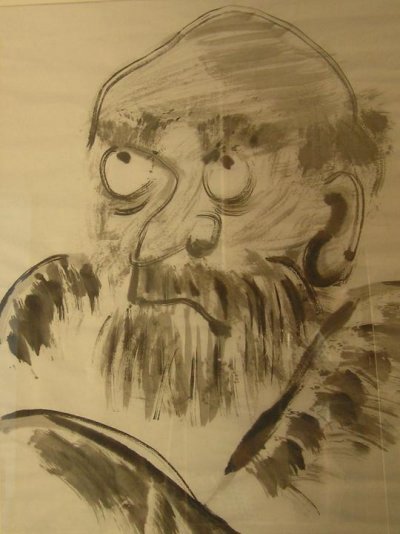What is Budo?
The word Budo is commonly used to in conjunction with the study of martial arts. It is a Japanese word that is formed by the two Kanji Characters, 武道, or "BU" which means "war, or warrior. And "DO" which means "way". So literally you have the word "Warrior Way".
So, what exactly does the "warrior way" have to do with anything?
Specifically it is related to the study of Japanese martial arts. It seems that sometime ago, depending on what you read, or which martial arts tradition you follow, that samurai out of work following the societal over turn during the Meiji Restoration in the Mid 1850's and 60's decided to apply what they knew to their everyday lives now that they were effectively out of a job.
Fast forwarding to modern times, there were a few notable guys, Jigaro Kano, 1860-1938 (father of Judo), Morihei Ueshiba, 1883-1969 (father of Aikido), and Gichin Funakoshi, 1868-1957 (father of Karatedo) that applied what they had learned from the great masters into the modern arts that many of us know today.
All three of them, Kano, Ueshiba, and Funakoshi developed essentially developed systems of empty handed methodologies that they felt were applicable to every day life and to convey the ideals, ethics, and philosophies that they believed in.
Thanks to World War II and the American Occupation that followed, we saw a poliferation and spread of martial arts around the western world as GIs returned to the states and to Europe. This should not be construed as that Eastern Martial Arts did not exist in the west prior to WWII, as Jigaro Kano had visited both the U.S. and Europe prior to 1938 and Judo was established in the west, but not to the degree that happened after WWII.
So, in short "Bu-do" is the "way of the warrior" which has the goal of perfection of self.
Other post will further dissect what I believe to be is meant by "perfection of self" and will explore the basic underlying philosophies, deals, and ethics of Budo and how they relate to the perfection of self.

0 Comments:
Post a Comment
<< Home